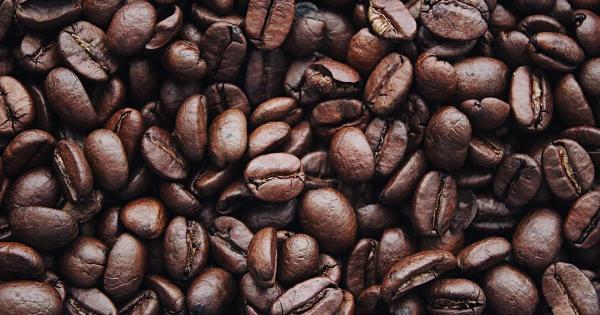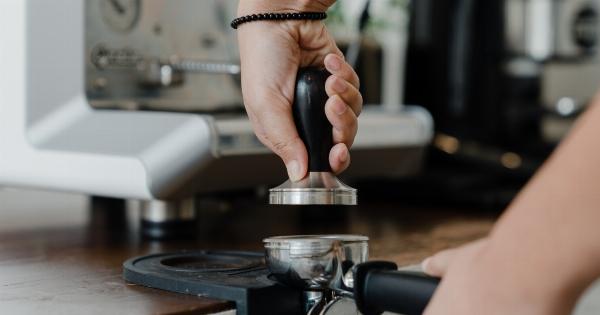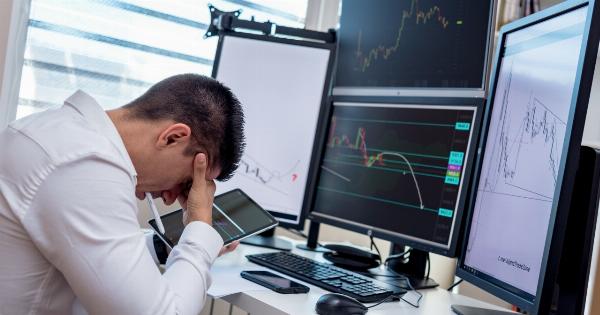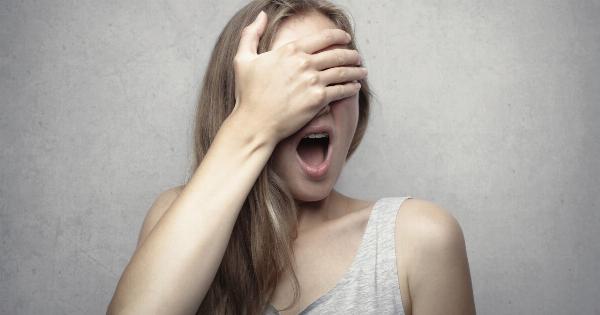Migraines are debilitating headaches that affect millions of people worldwide. The exact cause of migraines is still not completely understood, but there are several triggers that are known to contribute to their onset.
One such trigger is caffeine, a popular stimulant found in many beverages and foods. In this article, we will explore the role of caffeine in triggering migraines and discuss some strategies for managing caffeine intake to reduce the frequency and severity of migraines.
What is a Migraine?
A migraine is a severe headache that is often accompanied by other symptoms such as nausea, vomiting, and sensitivity to light and sound.
Migraines can last anywhere from a few hours to several days and can significantly impact a person’s quality of life. It is estimated that about 12% of the population suffers from migraines, with women being three times more likely to experience them than men.
The Link Between Caffeine and Migraines
While the exact connection between caffeine and migraines is not fully understood, studies have shown that there is a correlation between the two. Caffeine is a vasoconstrictor, meaning it narrows blood vessels and reduces blood flow.
It is believed that this vasoconstrictive effect of caffeine can trigger migraines in susceptible individuals.
Furthermore, many migraine medications contain caffeine as an active ingredient. Caffeine helps to enhance the effectiveness of these medications by promoting their absorption and extending their duration of action.
However, regular and excessive consumption of caffeine can alter the brain’s chemistry and lead to dependency, making migraines more frequent and severe.
Caffeine Withdrawal and Migraines
Another aspect of the caffeine-migraine relationship is caffeine withdrawal. People who consume large amounts of caffeine regularly can develop a physical dependence on it.
When caffeine intake is abruptly stopped or significantly reduced, it can lead to withdrawal symptoms such as headaches, fatigue, and irritability. These withdrawal symptoms can trigger migraines in individuals who are prone to them. Therefore, it is essential to be cautious when considering reducing caffeine intake to manage migraines.
How to Manage Caffeine Intake for Migraine Prevention
If you suffer from migraines and suspect that caffeine might be a trigger, there are several strategies you can adopt to manage your caffeine intake and potentially reduce the frequency and severity of your migraines:.
1. Keep a Migraine Diary
Start by documenting your migraines in a diary. Note down when you experience a migraine, what you ate or drank before the headache started, and any other relevant information.
Over time, patterns may emerge, and you may be able to identify if caffeine is indeed a trigger for your migraines.
2. Gradually Reduce Caffeine Intake
If you suspect that caffeine might be a trigger, it is essential not to stop consuming it abruptly. Doing so can cause withdrawal symptoms and potentially worsen your migraines.
Instead, gradually reduce your caffeine intake by cutting back on one caffeinated beverage or food item at a time. Monitor how your migraines respond during this period.
3. Monitor Total Caffeine Consumption
Maintaining an awareness of your total caffeine consumption is crucial. Remember that caffeine is not only found in coffee but also in tea, energy drinks, chocolate, and some medications.
Read labels carefully and consider switching to decaffeinated versions of your favorite beverages.
4. Pay Attention to Hidden Sources of Caffeine
Many over-the-counter medications, such as pain relievers and cold remedies, contain caffeine. Check the labels and opt for caffeine-free alternatives whenever possible.
Additionally, be aware of foods and drinks that may contain hidden sources of caffeine, such as certain herbal teas or ice cream.
5. Stay Hydrated
Dehydration can exacerbate migraines, so it is crucial to stay hydrated. Opt for water or caffeine-free drinks as your primary sources of hydration.
6. Sleep Well
Poor sleep quality or inadequate sleep duration can trigger migraines in some individuals. Establishing a regular sleep routine and ensuring you get enough restful sleep can help prevent migraines.
If you find that caffeine affects your sleep, consider avoiding it in the late afternoon and evening.
7. Explore Alternative Beverages
If you enjoy the ritual of drinking a warm beverage, consider exploring caffeine-free alternatives such as herbal teas or decaf coffee. These can provide a similar sensory experience without the potential migraine trigger.
8. Consult a Healthcare Professional
If you have tried managing your caffeine intake on your own but are still experiencing frequent or severe migraines, it may be helpful to consult a healthcare professional.
They can help you explore other potential triggers, recommend appropriate medications or treatments, and provide personalized advice based on your specific situation.
Conclusion
Caffeine is a widely consumed stimulant that can play a role in triggering migraines. While the exact connection between caffeine and migraines is not fully understood, studies have shown that there is a correlation.
It is essential to keep a migraine diary and monitor your caffeine intake to identify if caffeine is a trigger for your migraines. If it is, gradually reducing caffeine consumption and incorporating alternative strategies for managing migraines can help improve your quality of life.
Remember, consulting a healthcare professional is always a good idea if you are struggling with managing your migraines effectively.




























